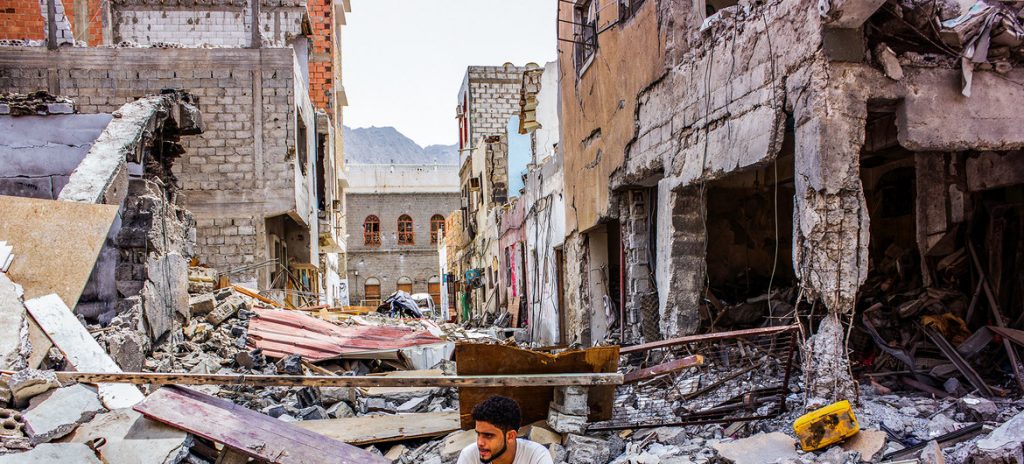Responding to the violent deaths of five children in the Yemeni port city of Hudaydah on Thursday, Henrietta Fore, Executive Director of the United Nations Children’s Fund (UNICEF), said that Yemen’s civil war continues to take a “horrific toll” on children.
In a statement released on Saturday, Ms. Fore said that “in Yemen, children can no longer safely do the things that all children love to do, like go to school or spend time with their friends outside. The war can reach them wherever they are, even in their own homes.”
The warring parties in the country signed a UN-led partial ceasefire agreement last December, but this did not spare the five children from being killed in an attack on the Tahita District, to the south of Hudaydah, which is a crucial gateway for the entry of aid, desperately needed to save millions in Yemen from starvation.
“Each day, eight children are killed or injured across 31 active conflict zones in the country,” continued Ms. Fore, “talks and conferences have so far done little to change the reality for children on the ground. Only a comprehensive peace agreement can give Yemeni children the reprieve from violence and war that they need and deserve.”
Last Monday, Geert Cappelaere, UNICEF Regional Director for the Middle East and North Africa, said that the “mind-boggling violence” in Yemen has not spared a single child. His comments came the day before a high-level pledging event for Yemen, held in Geneva, which raised $26 billion to support Yemenis facing a crisis described by UN chief António Guterresas an “overwhelming humanitarian calamity.”
Mr. Cappelaere also noted that generosity and aid will not, on their own, bring an end to children’s suffering in Yemen, and called on warring parties to “put an end to violence in hotspots and across all of Yemen, protect civilians, keep children out of harm’s way and allow humanitarian deliveries to children and their families wherever they are in the country.”
